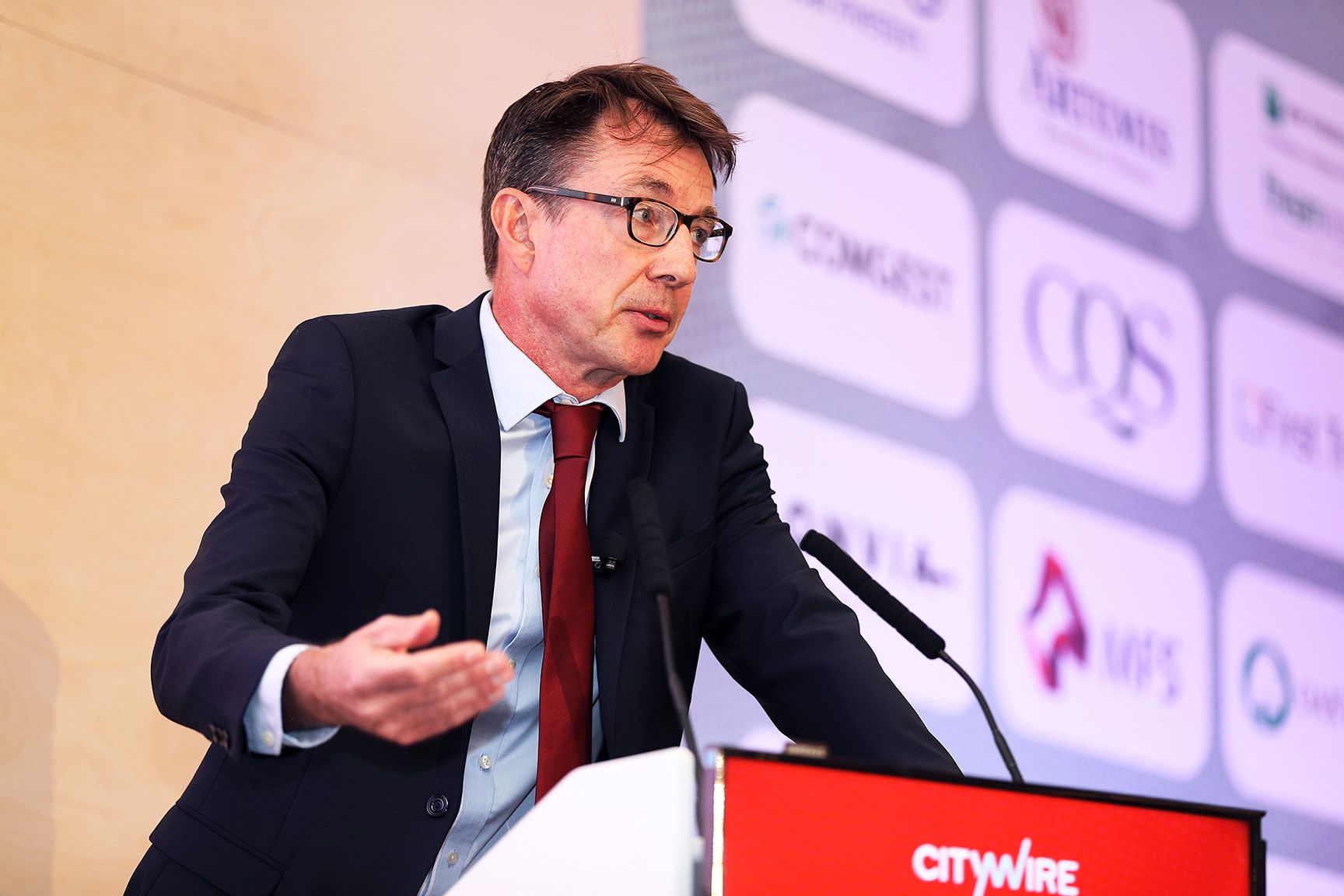Geopolitical Strategist & Strategic Advisor
Trusted by boards, policymakers, and global audiences, Mark Brolin delivers authentic, data-driven insights that cut through the noise of fear-driven narratives. His Noise-Cancelling Clarity equips leaders to grasp the big picture - and act with confidence in an unpredictable world.
Realist-Optimist Level

Strategic Partnership with
Valona Intelligence
Ongoing collaboration • AI-driven market and competitor intelligence
Mark and Valona Intelligence have formed a strategic partnership, combining geopolitical expertise with AI-driven market research. In today’s internationally connected world, the lines between these fields are heavily blurred.
Just keeping a geopolitical buzz going is not enough to boost the bottom line. This partnership addresses implementation and synchronisation challenges to ensure insights trigger bottom-line improvements.
Separating Myth from Reality
The Myth
“We're teetering on the edge of geopolitical collapse. Every new crisis proves the world is falling apart.”
The Reality
“Humans thrive on existential threats. Every era has its doomsday narrative, yet we consistently solve hard problems and progress.”
The Myth
“Russia's aggression in Ukraine proves its strength and global dominance.”
The Reality
“Ukraine's fight to break free from Moscow is actually proof of Russia's weakness, not its strength.”
“Do we truly believe that ALL red-state residents are ignorant racist fascist knuckle-dragging NASCAR-obsessed cousin-marrying roadkill-eating tobacco-juice-dribbling gun-fondling religious fanatic rednecks; or that ALL blue-state residents are godless unpatriotic pierced-nose Volvo-driving France-loving left-wing communist latte-sucking tofu-chomping holistic-wacko neurotic vegan weenie perverts?”
- Dave Barry